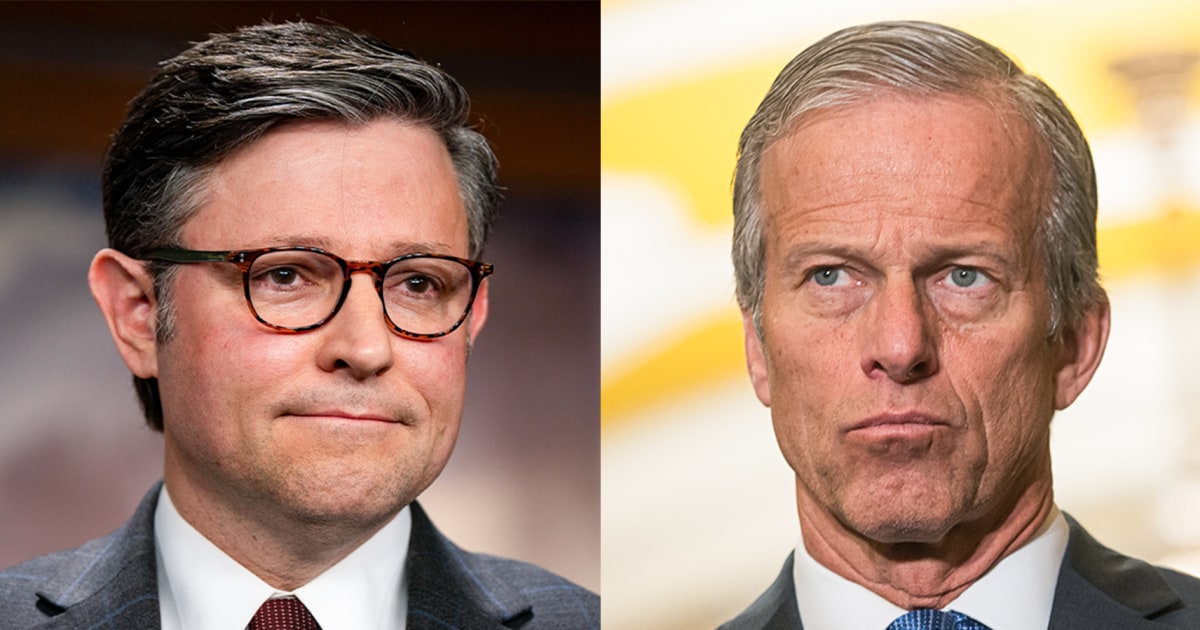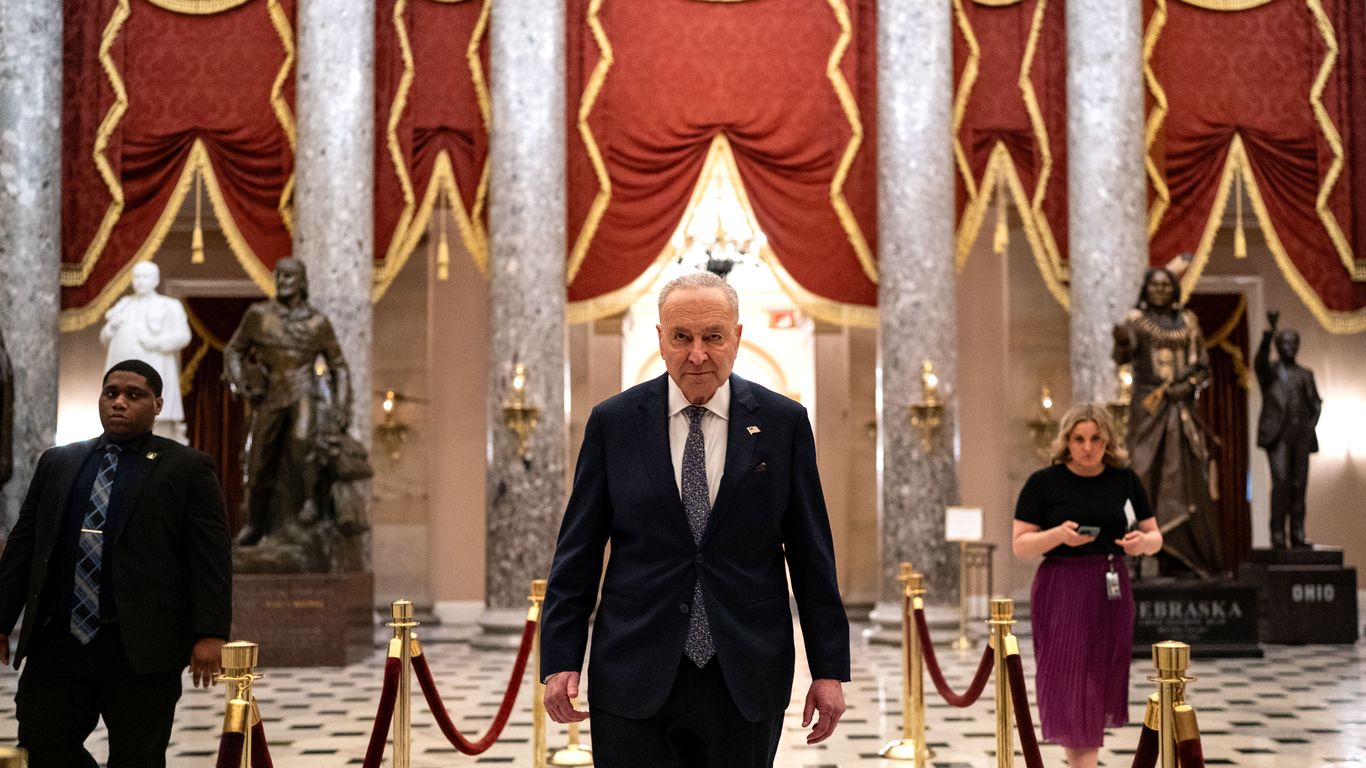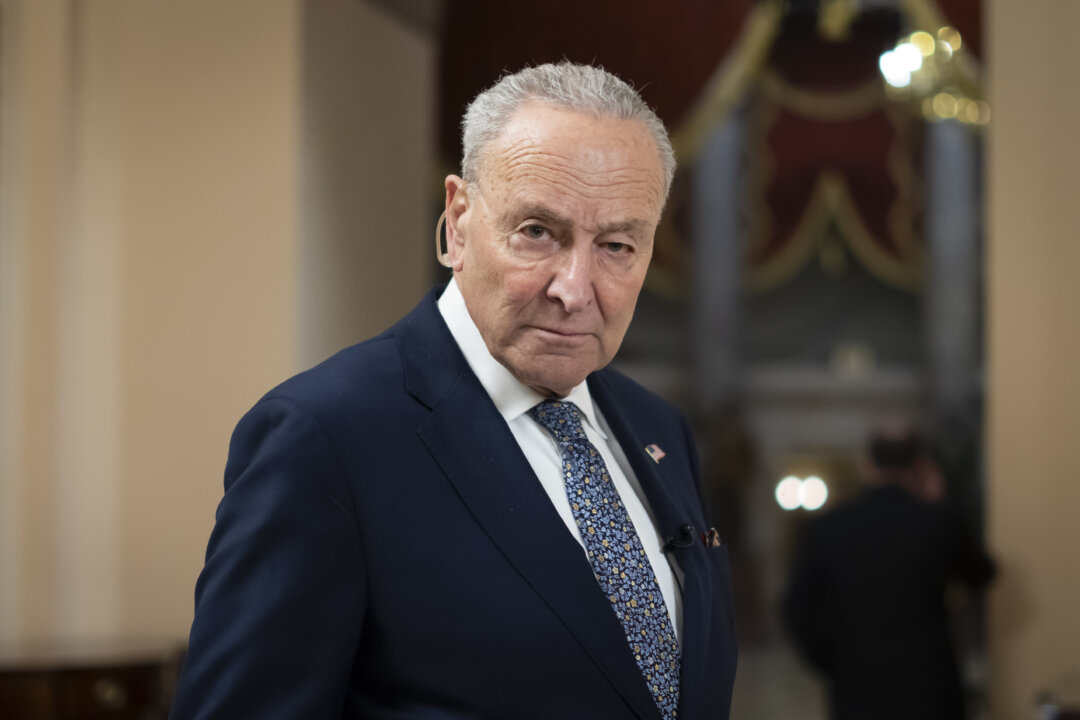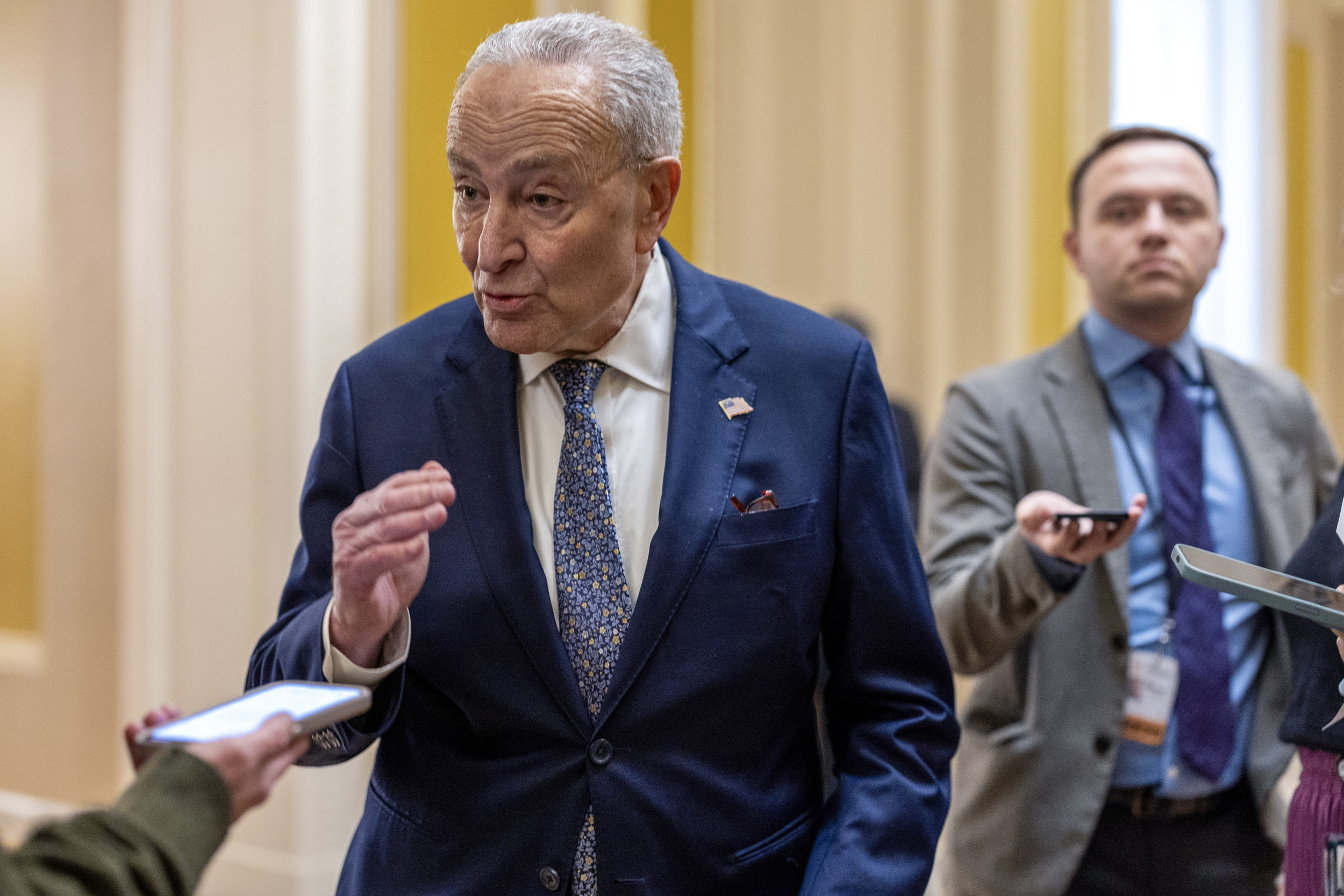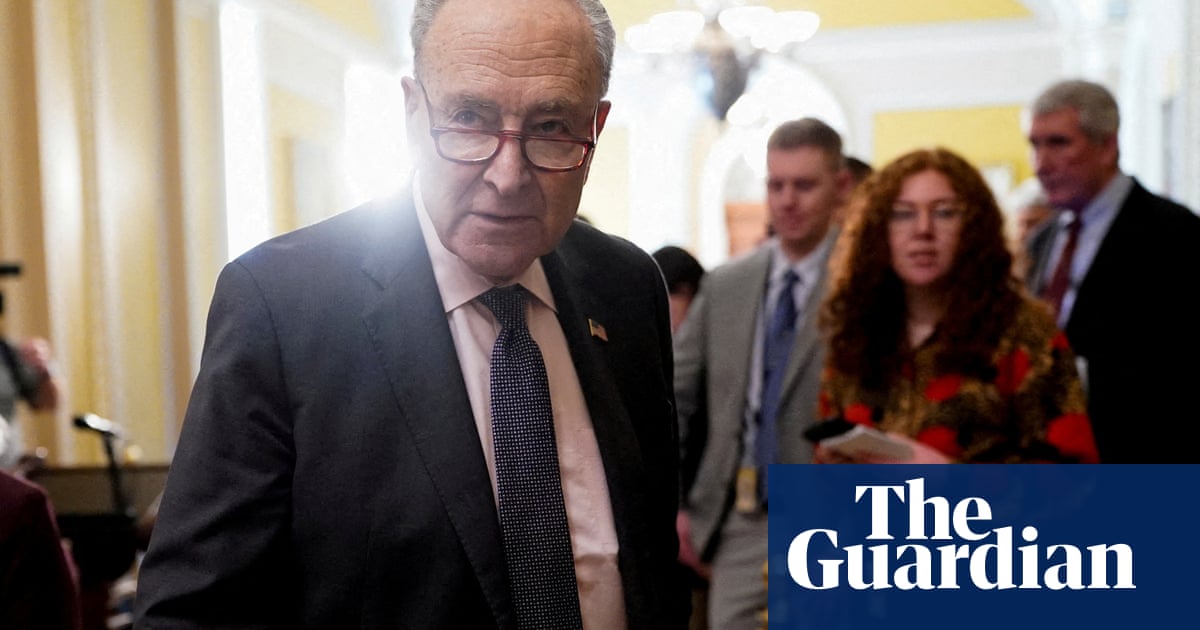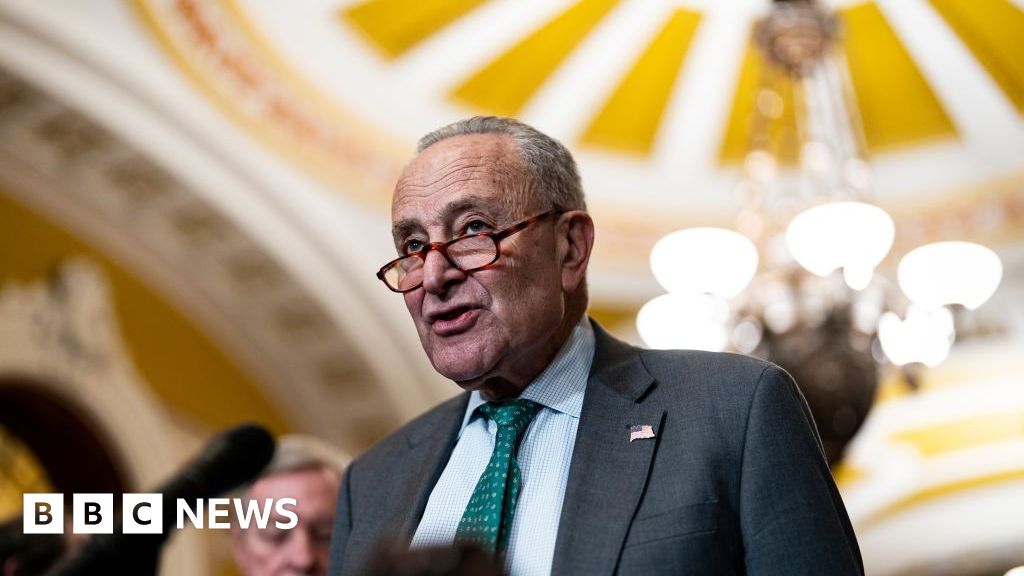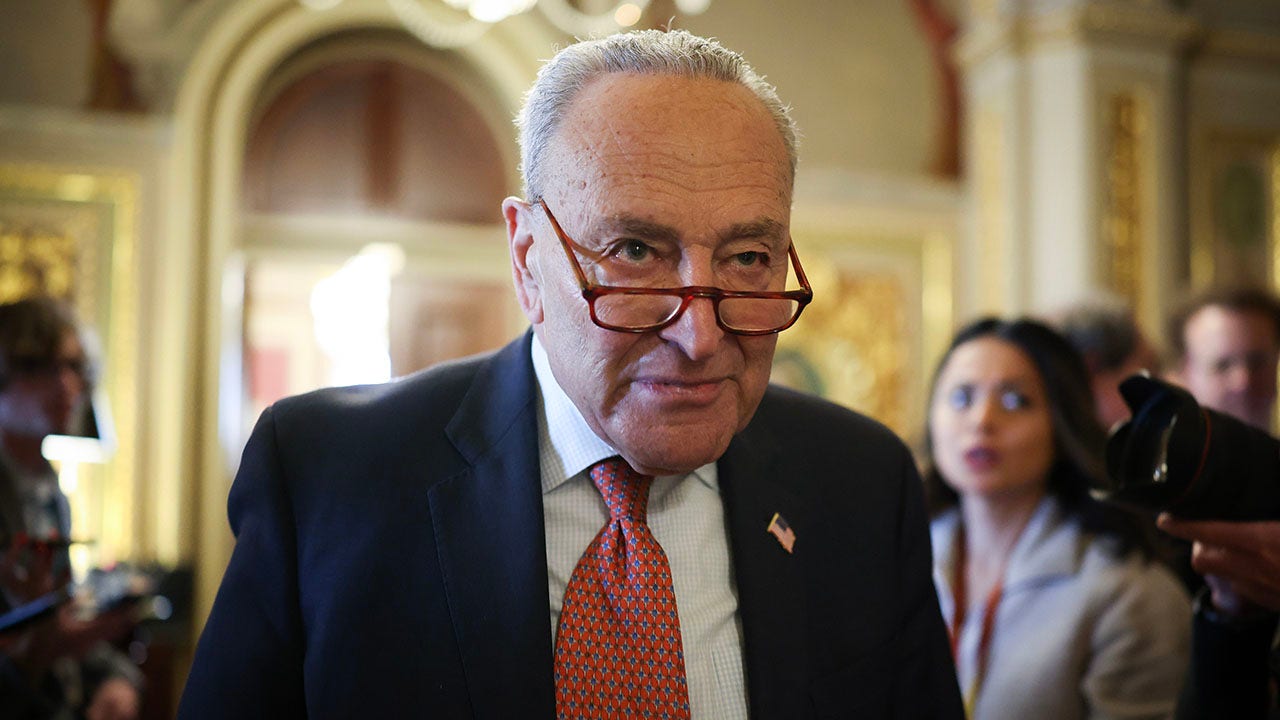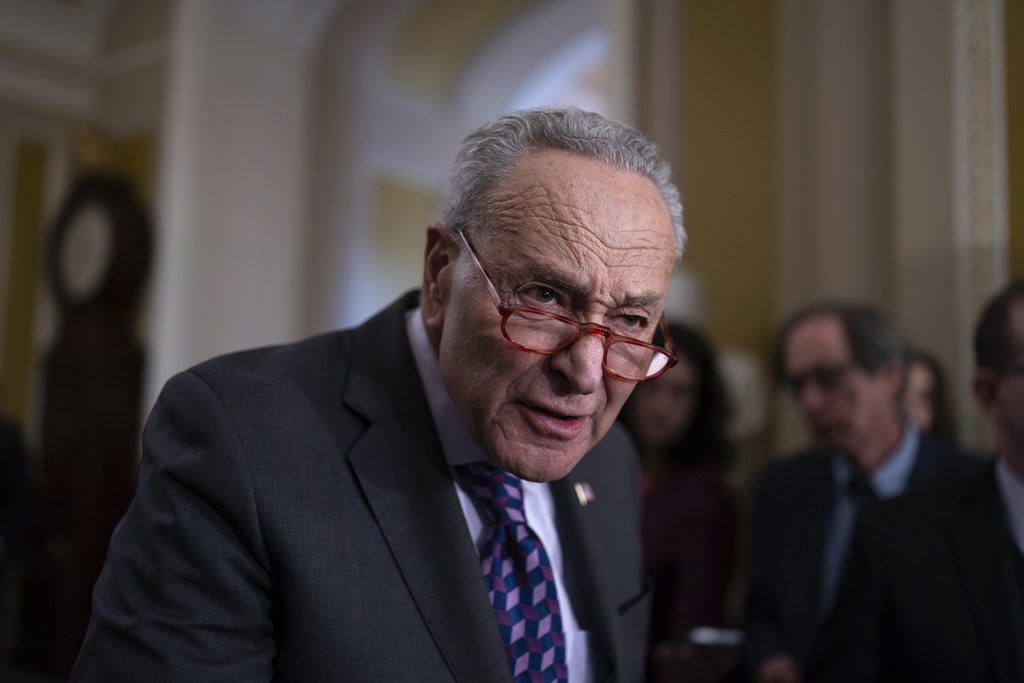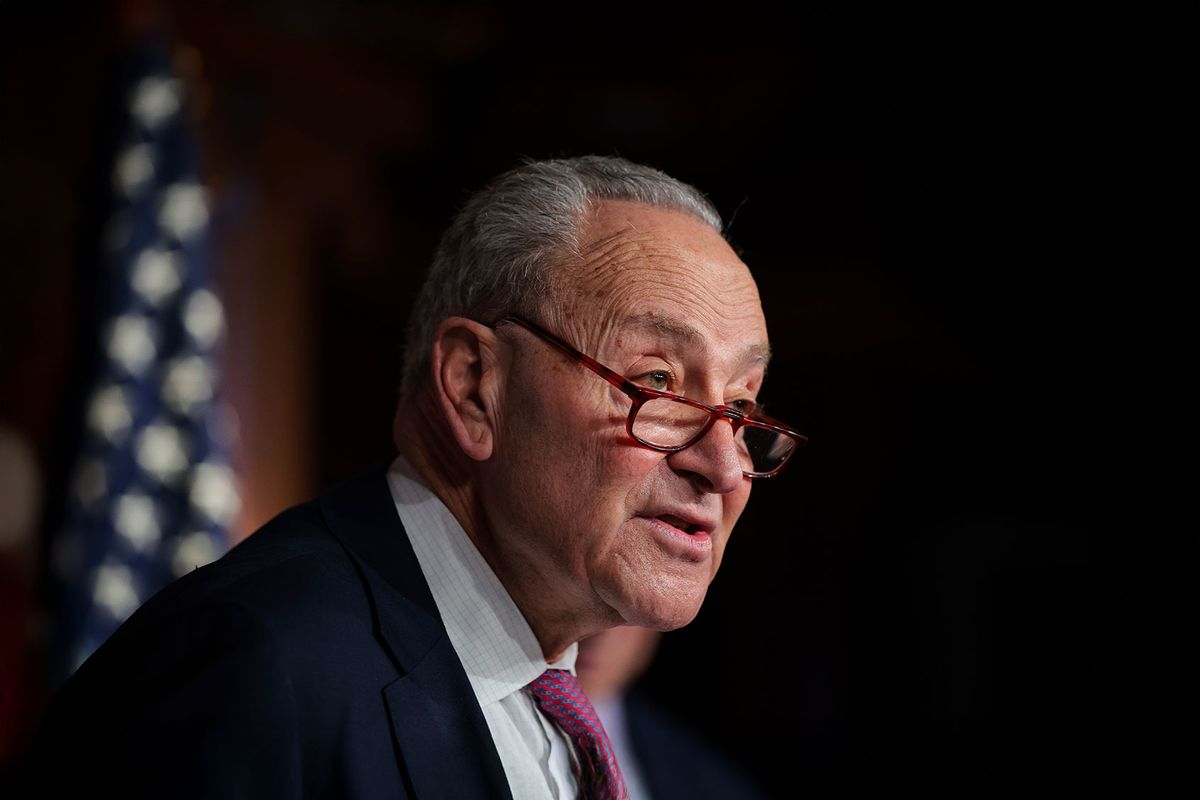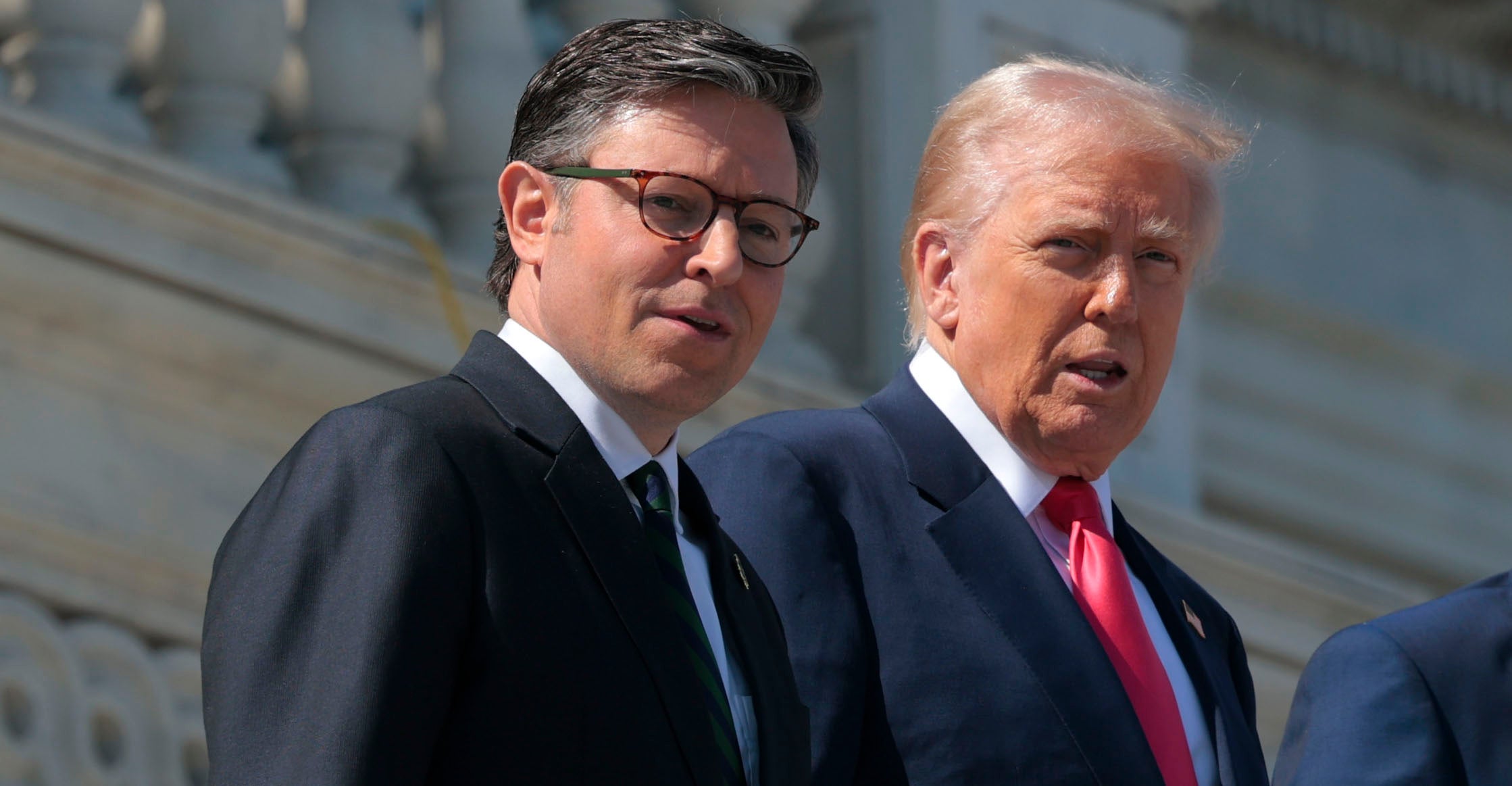Senate Democrats Face Internal Controversy as Republicans Push Trump’s Agenda
Senate Majority Leader Chuck Schumer refuses to resign amid backlash while Republicans aim to pass Trump’s massive budget plan.
Subscribe to unlock this story
We really don't like cutting you off, but you've reached your monthly limit. At just $5/month, subscriptions are how we keep this project going. Start your free 7-day trial today!
Get StartedHave an account? Sign in
Overview
Senate Democratic leader Chuck Schumer has decided not to resign despite fierce backlash from progressives after supporting a bipartisan spending bill to prevent a government shutdown. This decision has triggered protests and calls for his resignation, notably from Rep. Alexandria Ocasio-Cortez. Schumer argues that his actions were vital to avoid greater chaos. Meanwhile, the Republican-led Congress is focusing on passing Trump's multitrillion-dollar agenda, navigating fierce internal conflicts and the inevitable debt ceiling deadline, potentially exacerbating political divides within both parties.
Report issue

Read both sides in 5 minutes each day
Analysis
- Senate Majority Leader Chuck Schumer has asserted he will not resign as leader amidst Democratic backlash over his support for a Republican funding bill intended to prevent a government shutdown, citing conviction in his leadership decisions and the belief that avoiding a shutdown was paramount for the party and the nation.
- Schumer maintains that while the GOP's funding bill was unfavorable, the ramifications of a government shutdown could have been significantly more damaging, granting the executive branch unchecked power to dictate essential service levels and eliminating judicial oversight during that period.
- Despite pressures and criticisms from within his party, including unresolved tensions with House Minority Leader Hakeem Jeffries and progressive voices, Schumer insists the Democratic caucus remains united against Trump, emphasizing a collective aim to counter his policies rather than participating in self-destructive infighting.
Articles (22)
Center (10)
FAQ
No FAQs available for this story.
History
- 7M

 4 articles
4 articles
- 7M

 5 articles
5 articles


